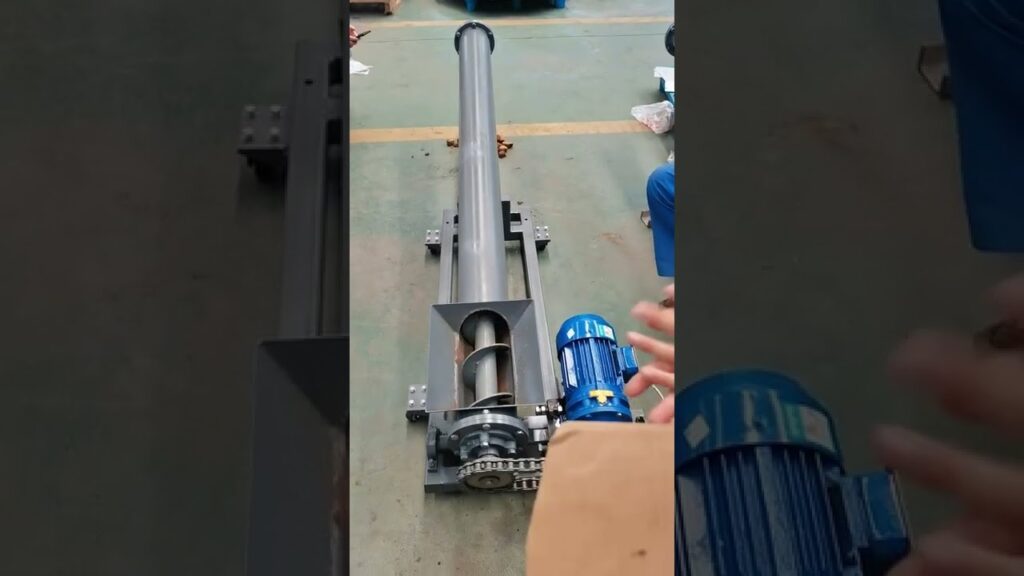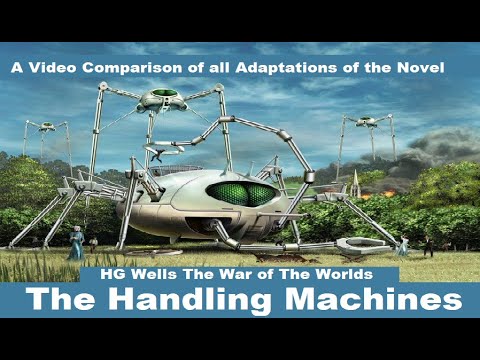The Material Handling and Logistics Industry: An Essential Part of Our Daily Lives
Material handling is a crucial aspect of our daily lives, impacting various industries and sectors that we might not even recognize. From the moment we wake up to the time we go to bed, we are surrounded by products and goods that have been carefully handled and transported using advanced and efficient machines known as Material Handling Machines. In this article, we will explore the significance of this industry and how it affects our lives in ways we often overlook.
Whether we are aware of it or not, material handling is woven into the fabric of our society. It is the backbone of industries such as manufacturing, warehousing, retail, agriculture, and transportation. One might ask, what exactly is material handling? Material handling refers to the movement, control, and storage of goods and products throughout the various stages of their journey, from production to consumption.
To delve into the intricacies of this industry, let's explore some common material handling machines and their functions. One such machine is the forklift. Forklifts are versatile and powerful machines used for lifting, moving, and stacking heavy loads. They are commonly used in warehouses, construction sites, and even retail establishments to transport goods efficiently. Without the presence of forklifts, the movement of goods would be slow and labor-intensive.
Another essential material handling machine is the conveyor system. You might have encountered conveyor belts at airports, supermarkets, or manufacturing plants. These automated systems enable the swift and seamless transportation of goods from one point to another, eliminating the need for manual labor and reducing the risk of human error. From baggage handling at airports to assembly lines in factories, conveyors play a pivotal role in keeping our systems running smoothly.
When it comes to the industrial sector, automated guided vehicles (AGVs) are transforming material handling operations. These driverless machines are designed to efficiently transport goods within a facility, guided by advanced sensors and navigational technology. AGVs are making warehouses more efficient, reducing operational costs, and enhancing workplace safety.
Now that we have explored some material handling machines, it is important to recognize the far-reaching impact of this industry on our daily lives. Imagine a world without efficient material handling systems. Simple tasks such as grocery shopping would become arduous endeavors. Long queues at supermarkets would be unavoidable, as the process of restocking shelves would become incredibly time-consuming. Similarly, online shopping, which has become an integral part of our lives, relies heavily on well-functioning material handling and logistics systems. From the moment we place an order to the timely delivery of our packages, material handling machines play a pivotal role in ensuring a seamless experience.
The material handling and logistics industry is not only crucial for day-to-day operations but also for economic growth. Efficient material handling processes contribute to cost savings, reduced product damage, and increased customer satisfaction. By streamlining supply chains and minimizing delays, businesses can respond to market demands swiftly, fostering competitiveness and growth.
However, the advancements and innovations in material handling machines do not end here. The industry is constantly evolving, driven by technology and the desire for increased efficiency. From robotic arms that can handle delicate objects with precision to drones that can deliver packages to remote locations, the future of material handling is filled with possibilities.
In conclusion, material handling is an integral part of our daily lives, impacting various industries and sectors. Without the presence of material handling machines such as forklifts, conveyor systems, and AGVs, the movement and transportation of goods would be significantly hindered. From manufacturing to retail, material handling ensures the smooth operation of businesses and contributes to economic growth. As advancements in technology continue to drive the industry forward, we can expect even more innovative solutions that will shape the future of material handling and logistics.
Handling Machine
"Efficient Solutions for the Material Handling and Logistics Sector: Unveiling Advanced Machines and Techniques"


